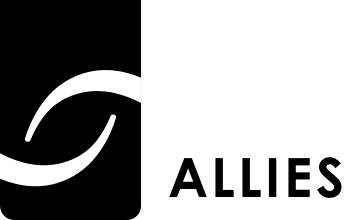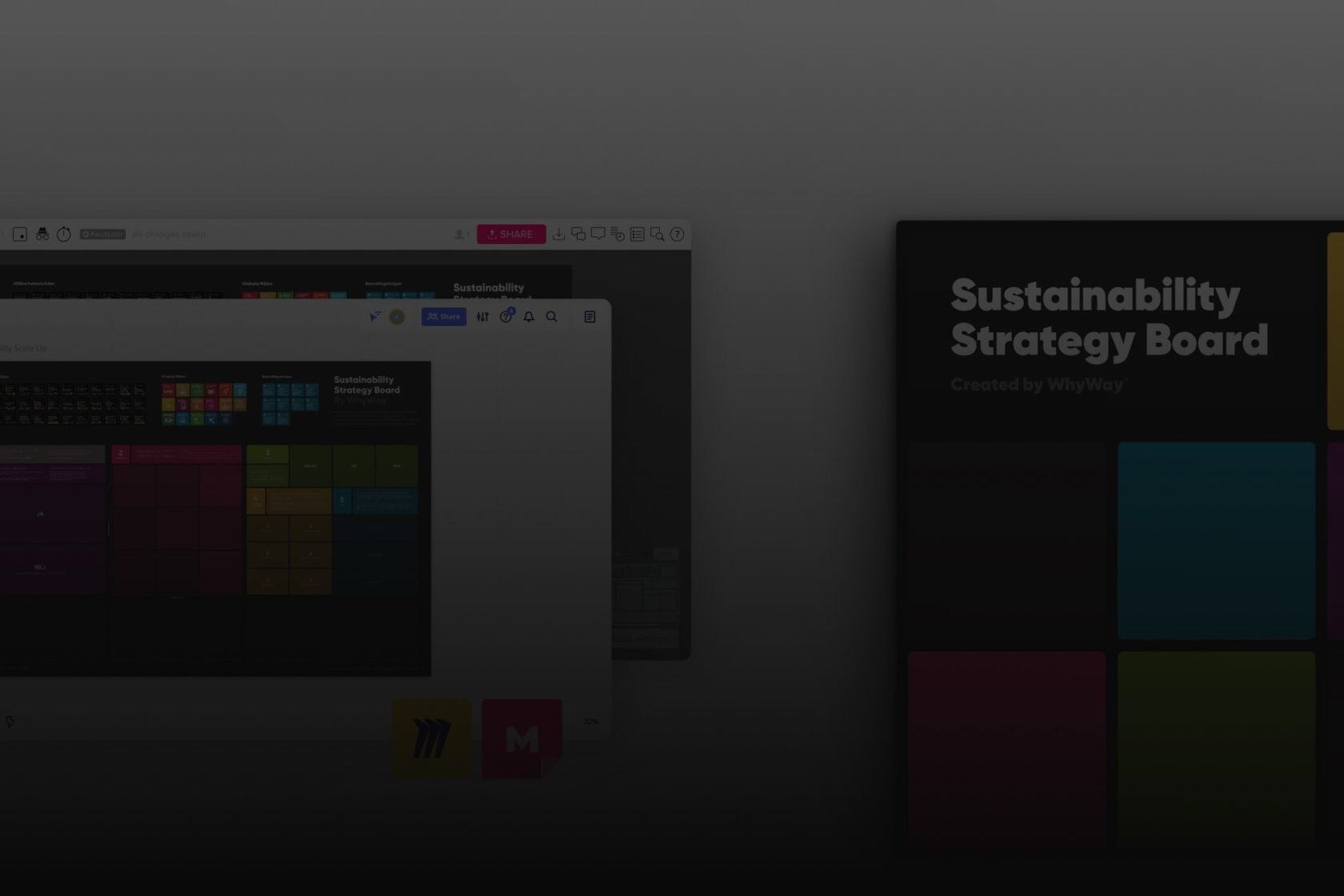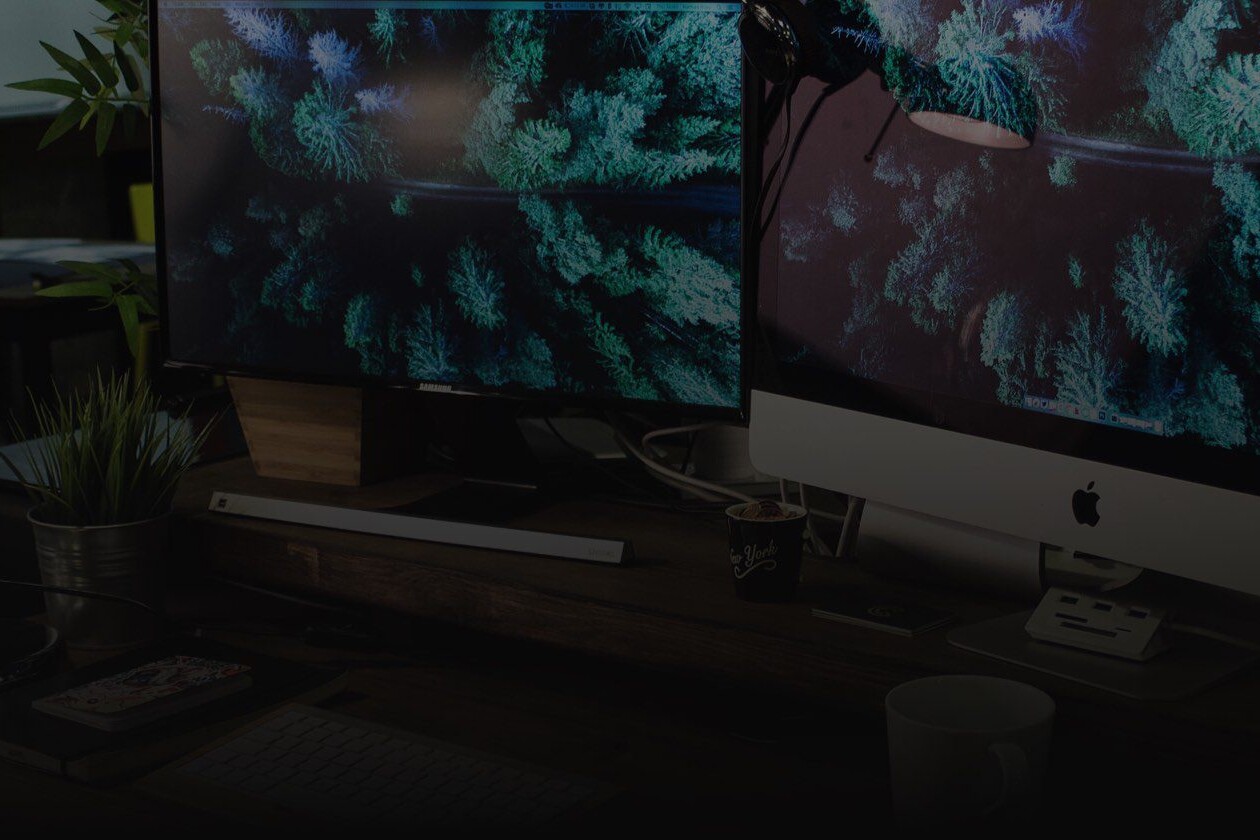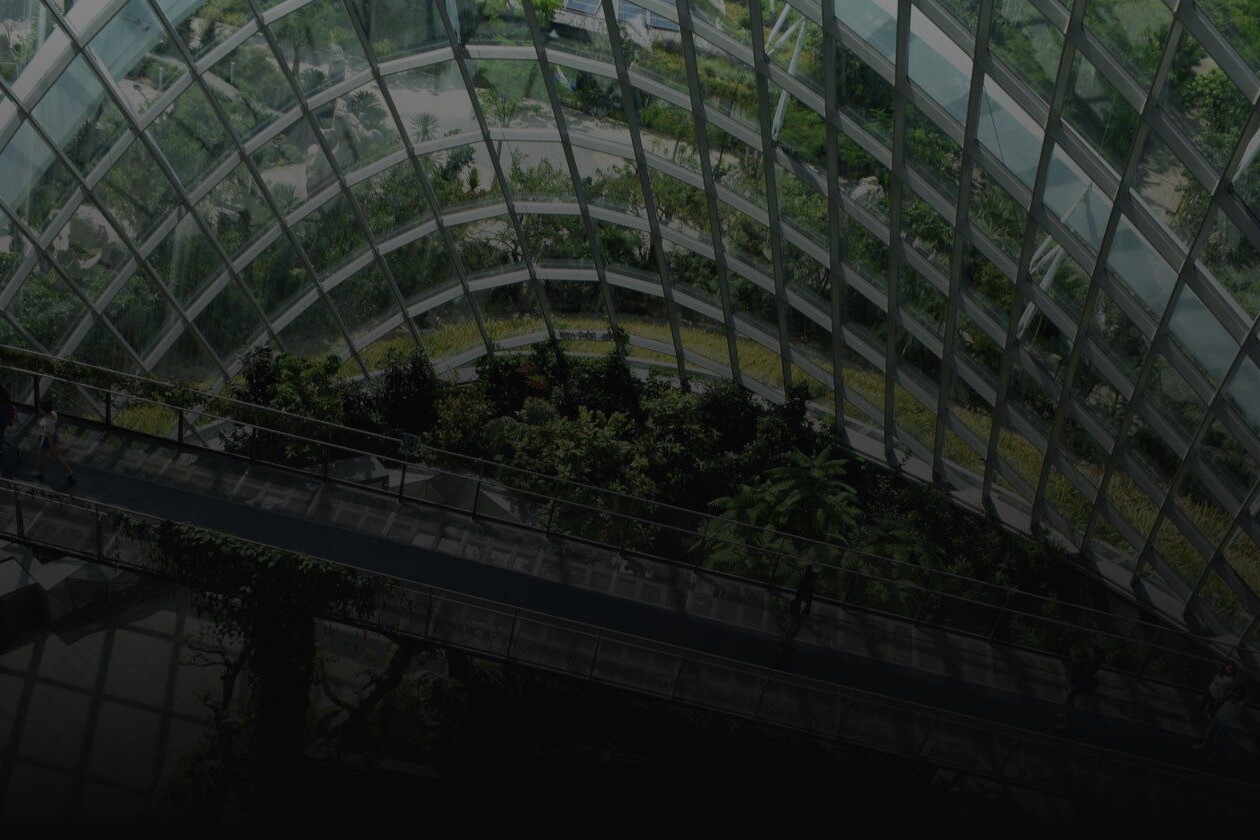Human Rights – Still a challenge for complying organizations
Study from 2017 shows that the social aspects of sustainability are a challenge to many, but how can we improve this? Do we need tougher legislation or can companies and organizations regulate themselves?
In the Sustainable Business Outlook conducted by Allies and Centigo in 2017/2018, we wanted to find out how business and operational models have been adapted to meet global sustainability challenges according to international guidelines for sustainable businesses. Among other things, we asked out participants how far they had come in implementing a systematic way of working with different aspects of sustainability and found that human rights and diversity were the area where most companies and organizations still had the furthest to go.
Human rights is a serious matter. But it doesn’t need to be so hard to go about. At least not in a first phase.
A serious matter, but it’s easy to do the right thing. Even as a smaller organization. Why is it so difficult?
Human rights is a serious matter. But it doesn’t need to be so hard to go about. At least not in a first phase. The United Nations have their Guiding Principles on Business and Human Rights and the broadest globally accepted framework for Sustainable Business, ISO 26000, both have easy to understand guidelines on how to go about it. Basically:
1
Take a stand – what’s the official corporate view on Human rights? For or against? Are you willing as an organization to be scrutinized towards this policy?
2
Make a first due diligence on your own standing or policy. Look at your business to see where – if anywhere – there could be problems or conflicts. Don’t forget your purchasing and supply chain.
3
If you find any problems or potential conflicts – deal with it in a way that feels true to your own standing or policy. Make it right. Everyone makes mistakes, so decide on a policy to remedy. Set up new ways of working so it doesn’t happen again.
4
Put a simple system in place to make sure you find out about any new emerging problems.
Why are organizations not working with human rights in a systematic way?
More than one out of four of the participants in the Sustainable Business Outlook have not even started the implementation of a systematic way of working with human rights and 4% have said that they haven’t even reflected over the fact that human rights is an issue that they should be working with.
Co-operatives and administrative authorities are two categories that still have a long way to go in having implemented a systematic way of working with this issue. Listed and non-listed companies have done more than any other category of companies and organizations when it comes to implementing a systematic way of working with human rights.
Diversity – A positive challenge
Almost one out of five of the participants in the Sustainable Business Outlook has not even started the implementation of a systematic way of working with diversity. More positive is that none of the participants says that they had not reflected over the fact that diversity is an area that they should be working with.
Also in the case of diversity, it is the co-operatives and the administrative authorities that are behind when it comes to implementing a systematic way of working. The listed companies have come the furthest when it comes to working with diversity in a systematic way.
The listed companies have come the furthest when it comes to working with diversity in a systematic way.
Legislation or self-regulation?
The social aspects of sustainability, which includes human rights and diversity, are areas that are included in all relevant guidelines for sustainable business and sustainable development. However, many of these guidelines are self-regulated, and on a global level there is little legislation requiring companies and organizations to tackle these issues in a systematic way.
Considering the poor performance we see in our study in these issues, and the importance of these issues, is it sufficient for companies and organization to regulate themselves? Or is a stronger legislation necessary?
In the Sustainable Business Outlook more than 100 of Sweden’s largest companies and organizations participated. We wanted to find out how business and operational models have been adapted to meet global sustainability challenges according to international guidelines for sustainable businesses.
Instead of dividing the participants by industry we have looked at them through a different perspective, namely analysing them based on their ownership structure. The study consists of the result from a self-assessment study. The following main areas of an organization’s sustainability efforts were included:
- Sustainability leadership
- Business approach to sustainability
- Main-stream integration of sustainability issues
How does your organization compare?
Are you interested in how your organization compares to the participants in the Sustainable Business Outlook in terms of human rights, diversity and 5 other sustainability perspectives? Take our survey and we will get back to you with the result!
The Sustainable Business Outlook
Are you interested in taking part of more of our results?
Read the report summary here!
Questions or comment, please contact:
Daniel, daniel@allies.se
Erik, erik.wottrich@centigo.se
The Sustainable Business Outlook was conducted in 2017/2018 by Allies and Centigo in cooperation with our partners Sustainable Innovation, RISE, Global Utmaning and Förebildsföretaget. Daniel Steinholtz (daniel@allies.se) was the responsible partner and Erik Wottrich (erik.wottrich@centigo.se) the project manager.
Found this article useful? Help us spread the word on social media:
